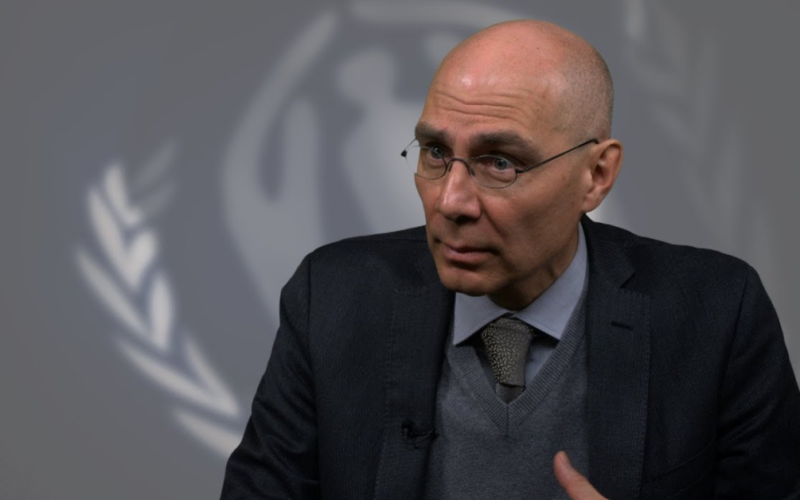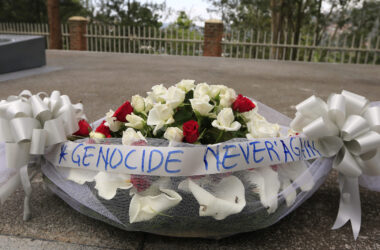The United Nations human rights chief, Volker Turk, issued a stark warning on Thursday, stating that widespread outbreaks of disease and hunger in Gaza appear “inevitable” following weeks of Israeli assault on the densely populated Palestinian enclave. Turk, the U.N. High Commissioner for Human Rights, addressed an informal briefing at the United Nations in Geneva after visiting the Middle East.
Turk emphasized the catastrophic impact that the depletion of fuel would have across Gaza, leading to the collapse of vital infrastructure such as sewage systems and healthcare. The scarcity of humanitarian aid being supplied to the region would exacerbate the situation, creating conditions for “massive outbreaks of infectious disease and hunger,” according to Turk.
The World Health Organization has already raised concerns about “worrying trends” in the spread of diseases in Gaza. The enclave has witnessed an unusually high number of cases of diarrhoeal disease, primarily attributed to the disruptions caused by bombardments and a ground operation, affecting the health system and access to clean water. Crowded shelters further contribute to the challenging health conditions.
Turk emphasized that lasting peace in the region is unattainable without an end to the longstanding violations of human rights. He criticized the disregard for warnings about human rights violations issued by his office and others over the years, not only in Israel and the occupied Palestinian territory but also by states with influence on the parties involved in the crisis.
Addressing the media after the briefing, Turk stressed the urgent need for change to resolve the enduring conflict. He highlighted the intensity of the bombardment by Israel, describing it as unprecedented in this century. Additionally, Turk expressed concern about the rising violence and discrimination against Palestinians in the occupied West Bank, including East Jerusalem, characterizing the situation as potentially explosive.
Turk conveyed that the situation in the occupied West Bank has surpassed the level of early warning, underscoring the need for immediate attention and action. He sounded a powerful alarm, urging states to recognize the gravity of the situation and take decisive steps to address the ongoing human rights violations in the region.
As the United Nations human rights chief draws attention to the escalating humanitarian crisis in Gaza, the international community faces a critical moment to act and bring about meaningful change. The calls for an end to human rights violations, lasting peace, and urgent interventions to prevent disease and hunger outbreaks underscore the gravity of the situation in the region.








